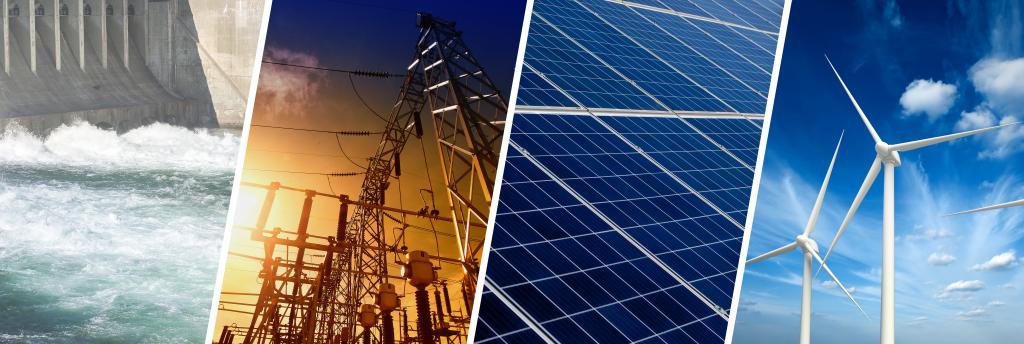On the eve of the trilogue on the draft Regulation on the internal energy market ("Regulation") the common position of the governments of Poland, France, the United Kingdom, Italy, Hungary, Greece and Ireland on the principles for the establishment and application of the power mechanisms was presented. Due to the fact, that the vast majority of signatories to the position apply at least one power mechanism which will need to be adapted to the new Market Regulation, Polish Electricity Committee ("PKEE") would like to briefly comment on the content of the above mentioned document.
PKEE fully supports the postulates expressed in the common position of Member States applying differentiated power mechanisms. The published position confirms the need to seek a balanced approach to the negotiation of the key provisions of the Regulation, which was first presented in the general approach of the Council in December 2017. In assessing the position, it is important to emphasise, Poland is not alone in its approach to the market regulations of the winter package, and the consistently presented arguments are also supported by large EU Member States.. The common position of the States is in line with the key interests of the Polish power sector and its conclusion should be regarded as a major negotiating success for the Ministry of Energy.
The agreed position testifies to a broad understanding of Polish postulates related to the preservation of freedom of choice as regards the manner of addressing the expected power deficit. Member States shall in fact take note of the need to treat different types of power mechanisms equally. Since power markets and strategic reserves serve the same purpose of ensuring security of supply, they should also be subject to the same regulatory requirements. Let us recall that European Parliament calls for 'double standards' by excluding strategic reserve from ENP 550 and the introduction of specific provisions that will enable the functioning of in reserve even the most emission-intensive generating units. The signatories of the position paper find no justification for the exemption of the strategic reserve from the standard of emissivity of generation units at the level of 550 g CO2/kWhwho is to be applied to the other power mechanisms. More so, that it is the power market - through the competitive nature of bidding for power contracts - that ensures an adequate level of security of supply in the most cost-effective manner.
Member States shall also pay particular attention to ensuring predictability of receiving support. It is therefore necessary to ensure the protection of acquired rights in the context of the provisions of the regulation currently under discussion. This should be reflected in guaranteeing the performance of power contracts concluded before the date of entry into force of the Regulation for the entire period for which they were concluded. The second important element for ensuring predictability of support is to maintain the definition proposed by the Commission and the Council existing units as those which have obtained the final investment decisionfinal investment decisionbefore the date of entry into force of the Regulation. The third element of ensuring predictability necessary from the point of view of investors is the introduction relevant and a realistic transition period from the application of the new emission standards. That period should provide a transitional capacity (transitional eligibility) to participate in the capacity mechanisms of the most emitting generation units. This will allow time for gradual replacement of coal-fired units with new low-emission sources in a manner that does not disrupt Poland's security of supply.
Opposition to the introduction of double standards and the need to protect acquired rights is an important signal to the European Parliament, the European Commission and the Austrian Presidency itself. The draft regulation under consideration must not arbitrarily differentiate between regulatory requirements relating to a similar situation, which is a real and confirmed in many Member States as a risk of supply shortages. The need to seek a broad compromise is all the more justified if agreement on the final content of the regulation is to be reached by the Austrian Presidency before the end of this year.
Furthermore, the signatories of the Common Position point to the leading role of national capacity adequacy assessments in determining the need for a national capacity mechanism. The European assessment of capacity adequacy, while it may provide useful information on the European electricity market as a whole, cannot replace detailed national assessments. According to under the provisions of the regulation under consideration, it is the member states which have the primary responsibility for ensuring security of electricity supply.
In view of the restrictive criteria for the use of the power mechanisms set out in the guidelines, the signatory States are opposed to the introduction of an additional obligation to draw up an implementation action plan in advance, as advocated by the European Parliament. In view of the fact that, that the notification of aid programmes assessed by the European Commission takes on average between one and two years anyway, introduction of an additional obligation in the form of an enforcement action plan would not only be administratively burdensome but could in practice prevent a timely response where a risk of supply shortage has been identified.
DOWNLOAD FILES

